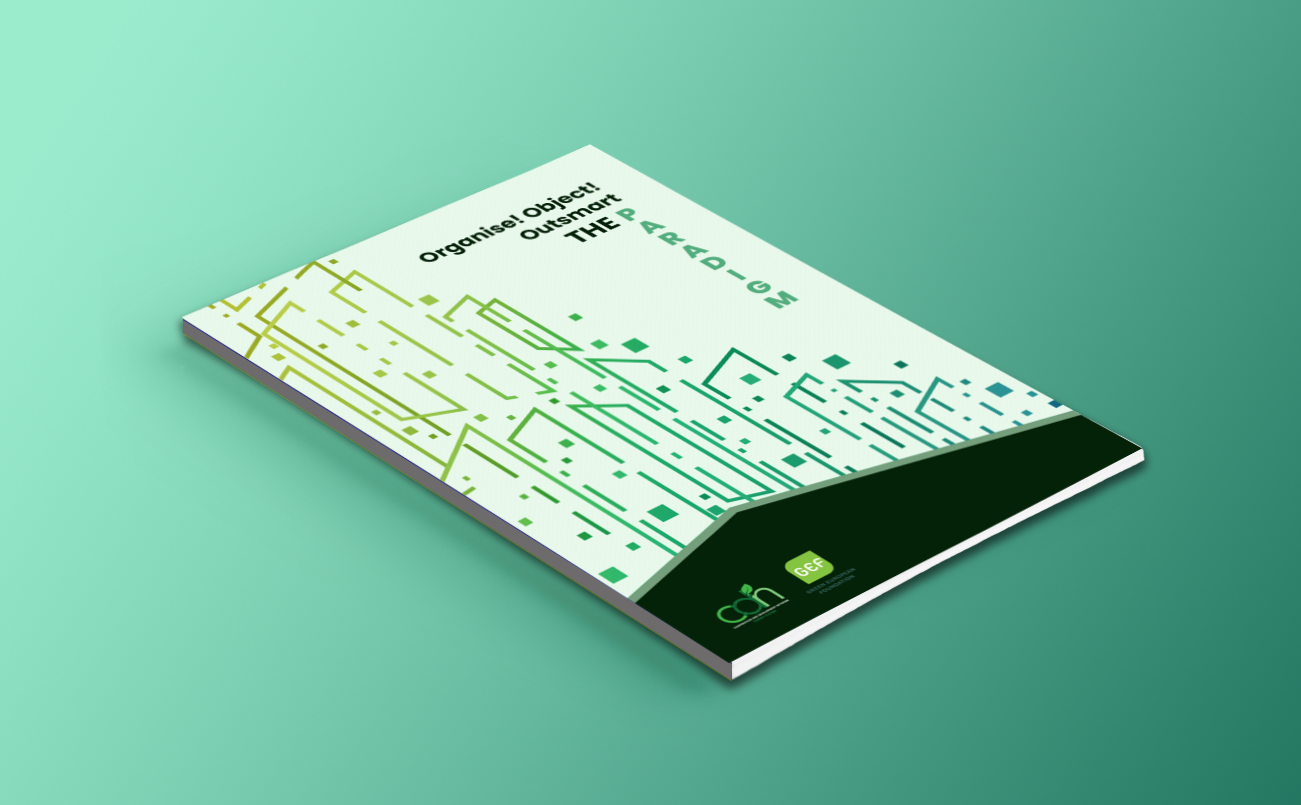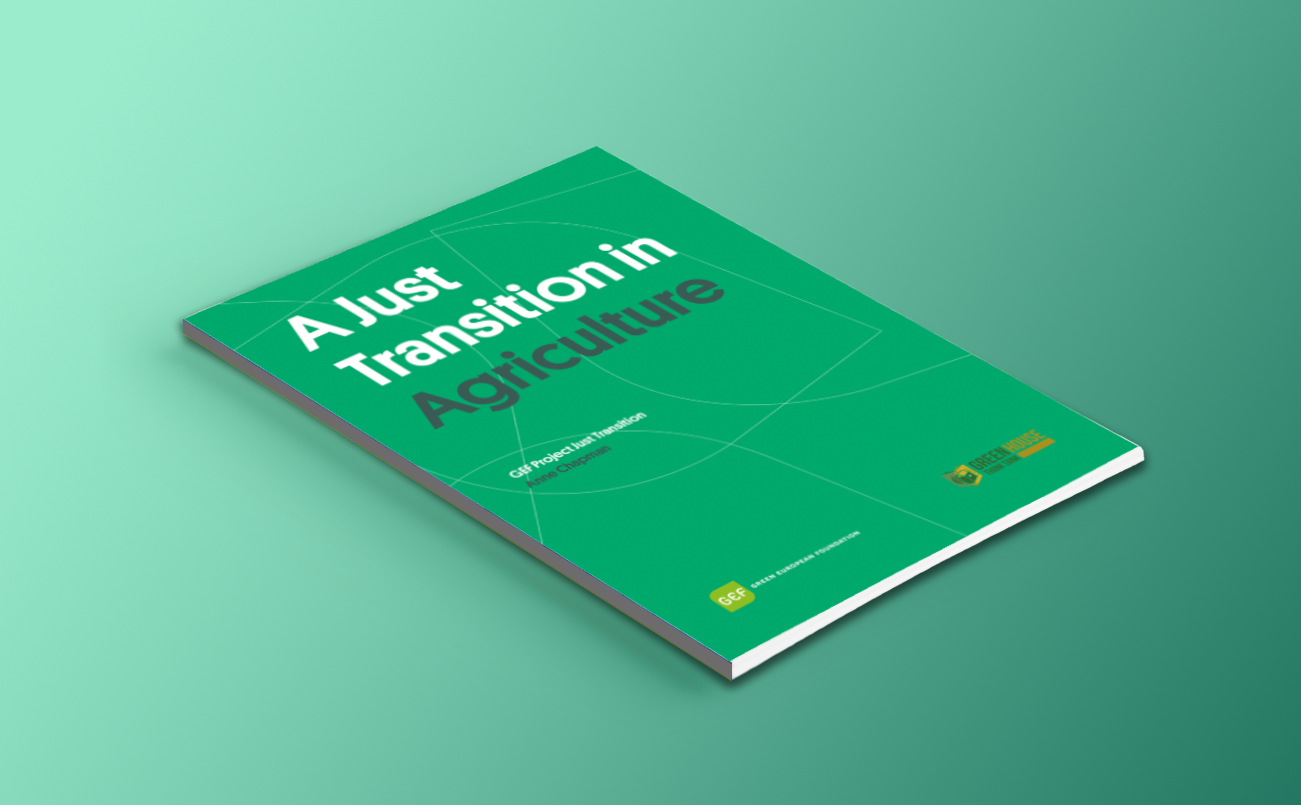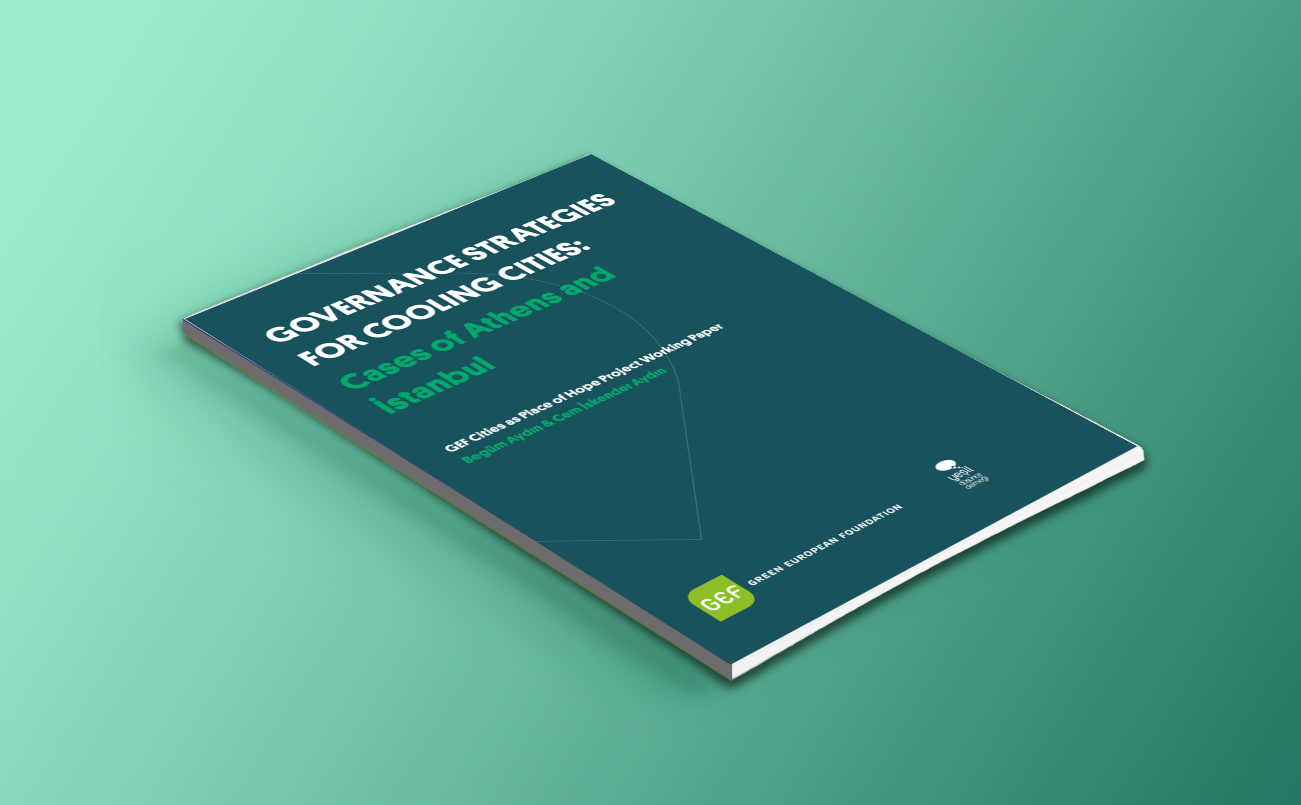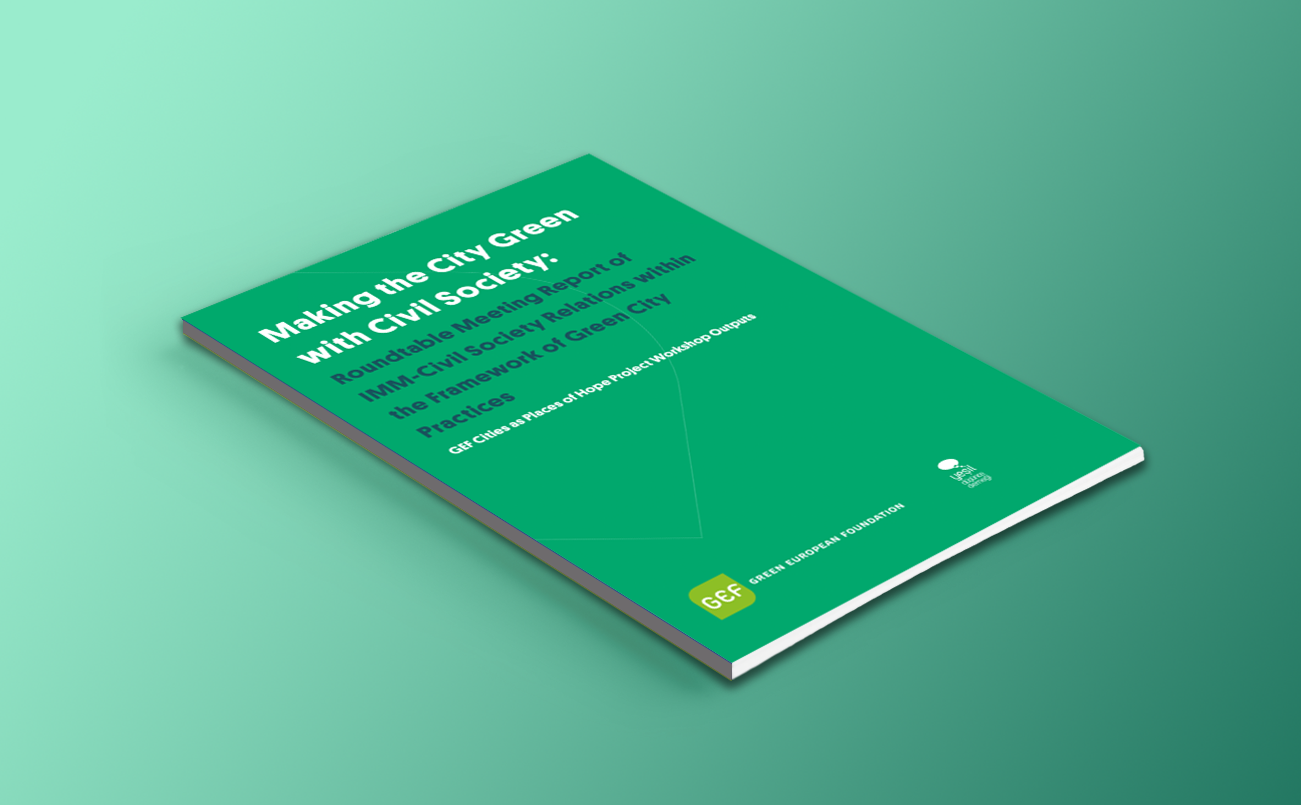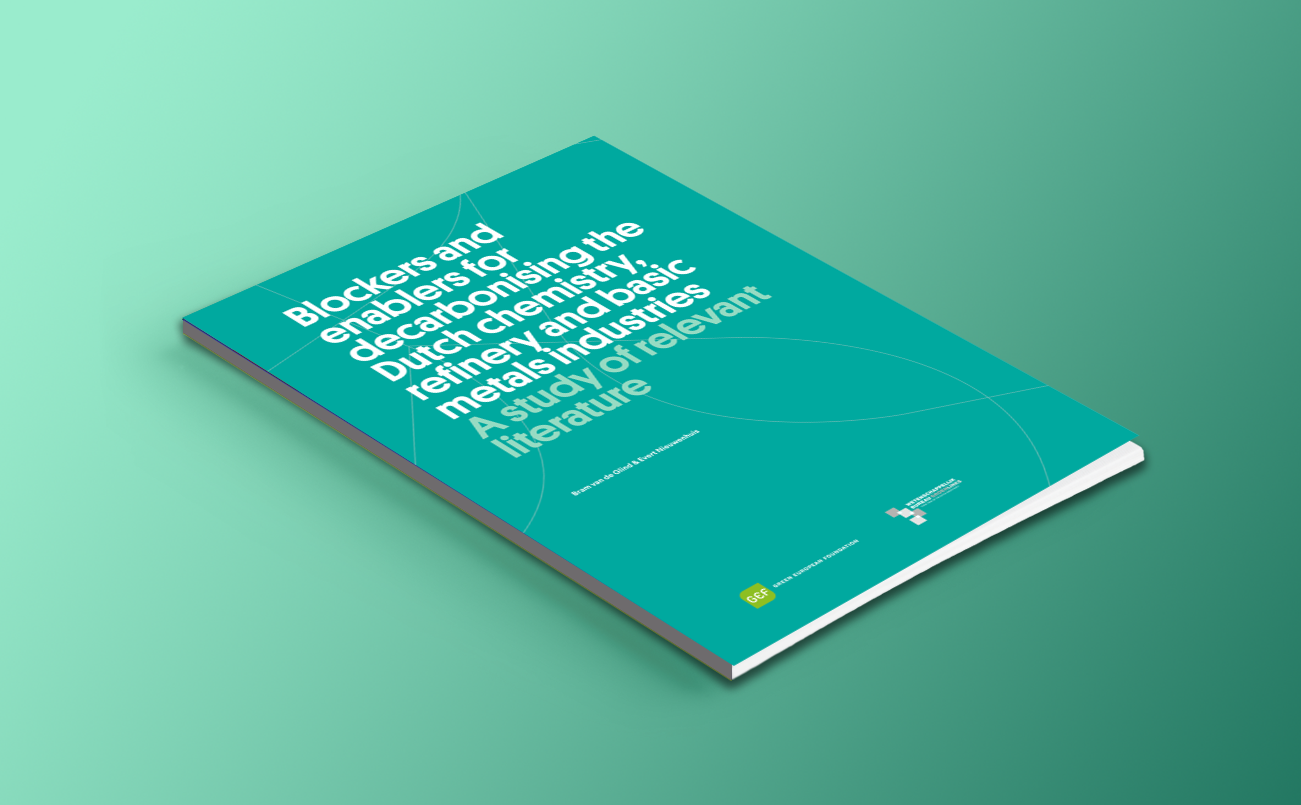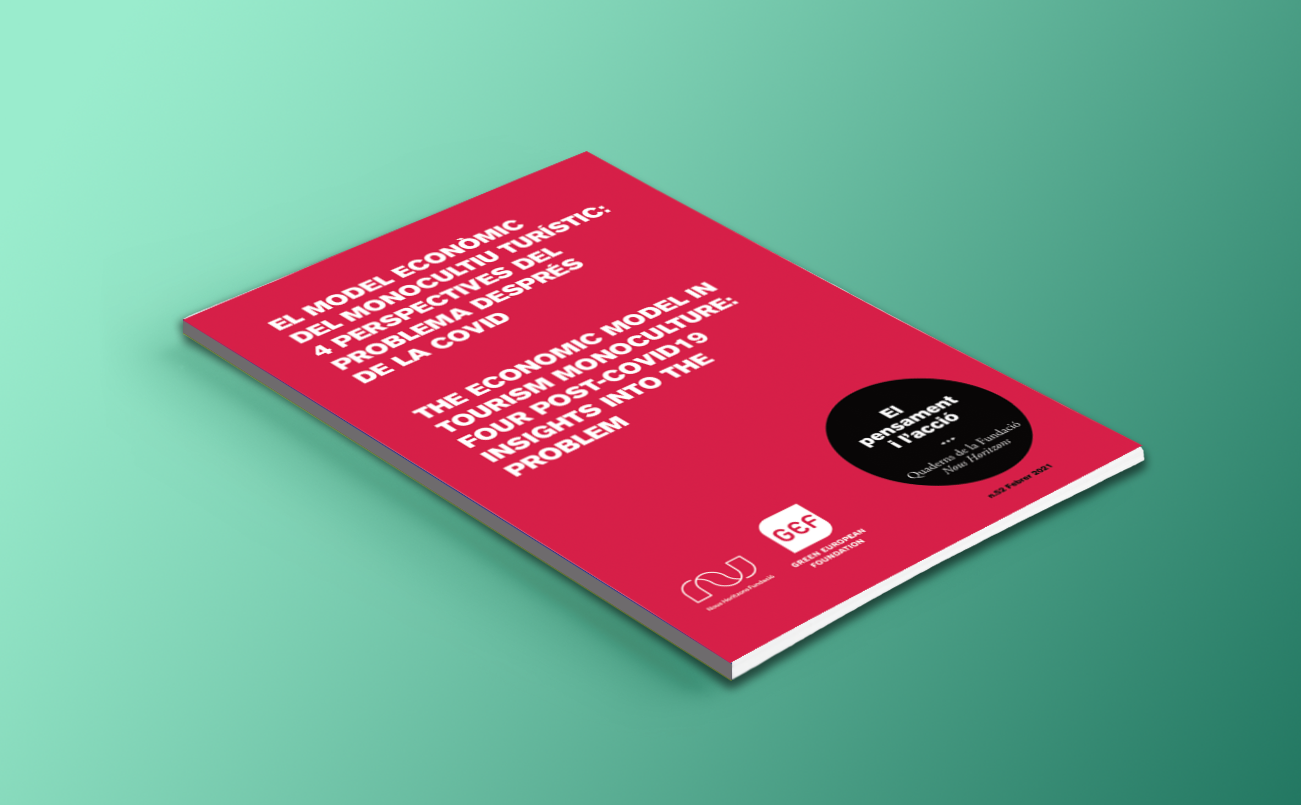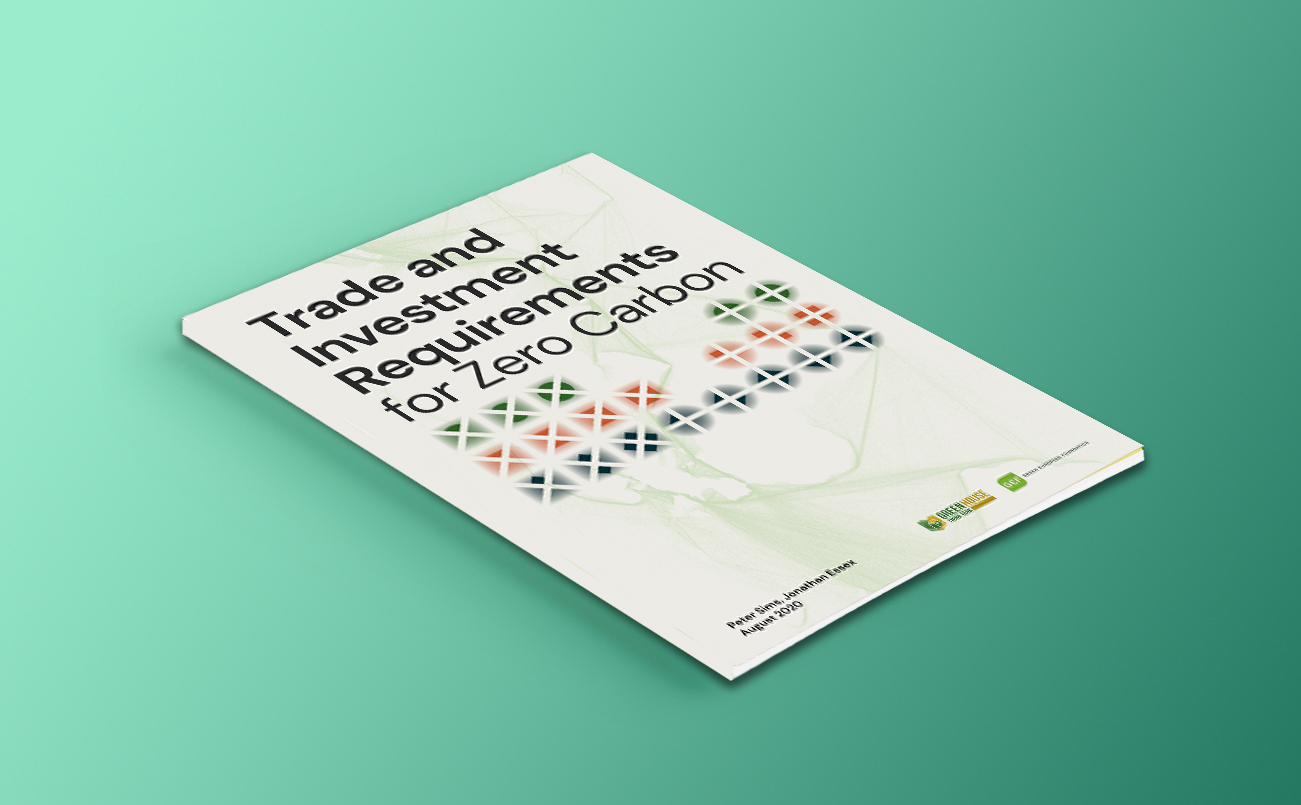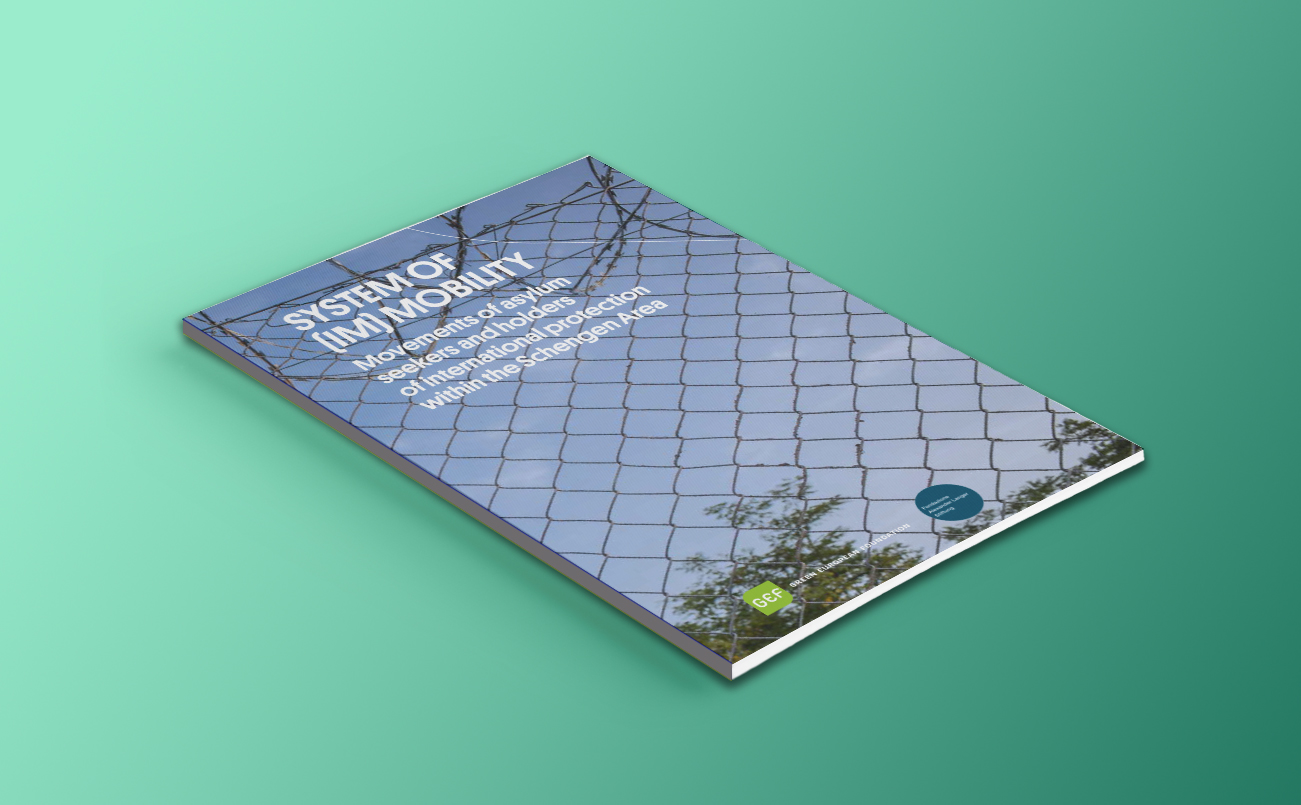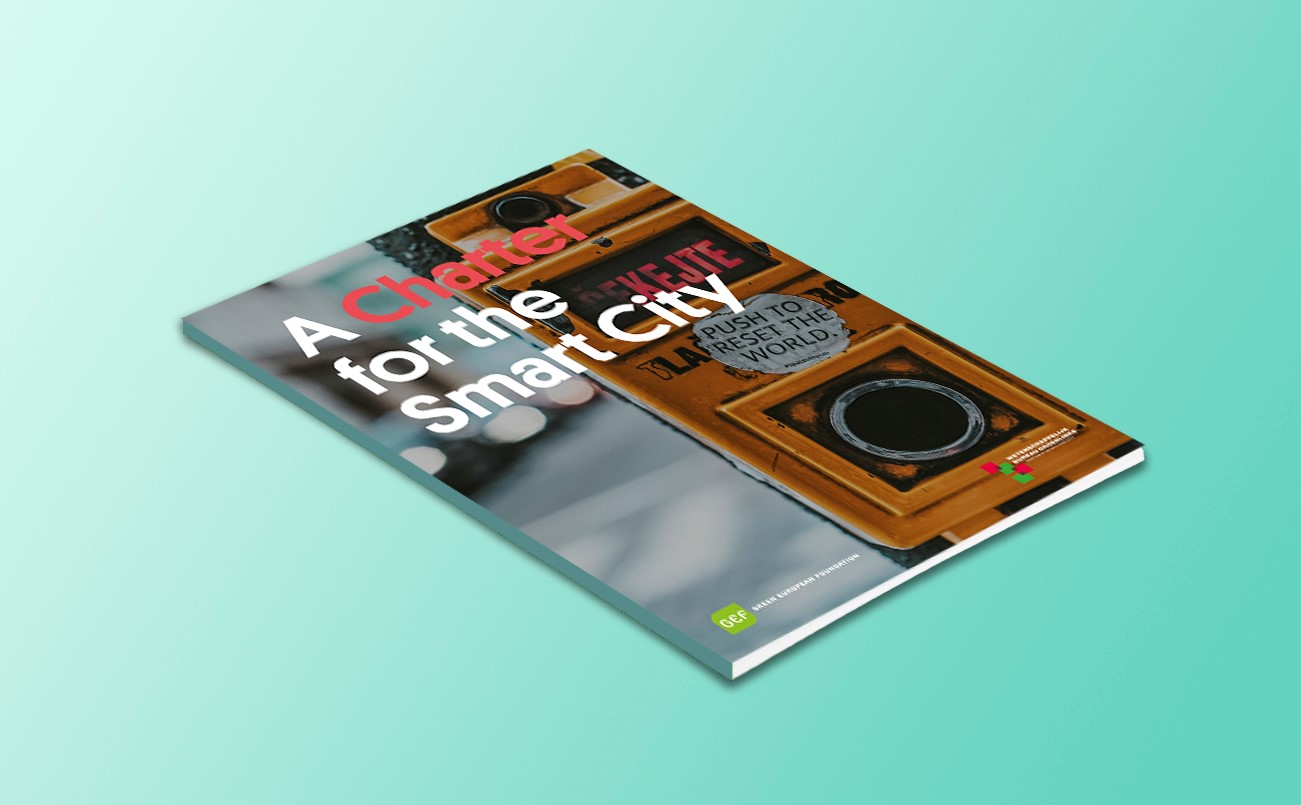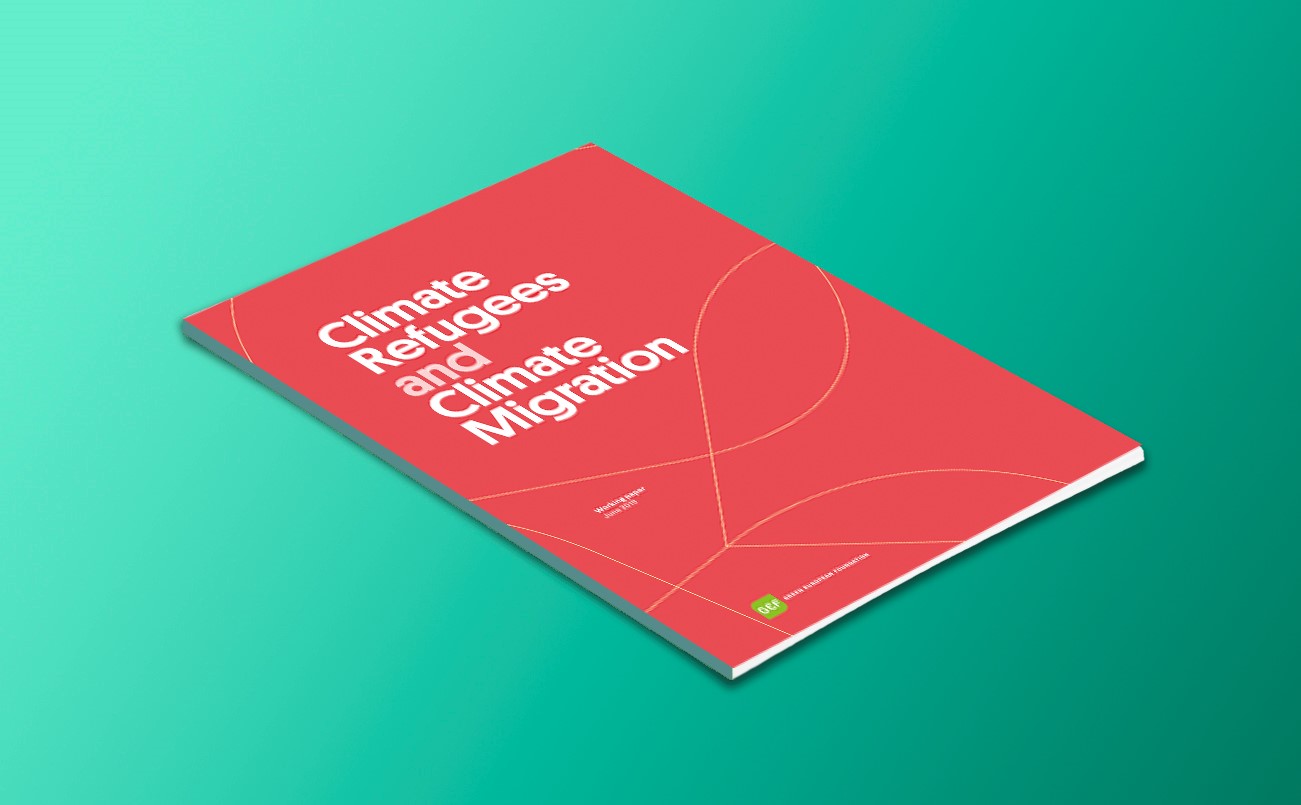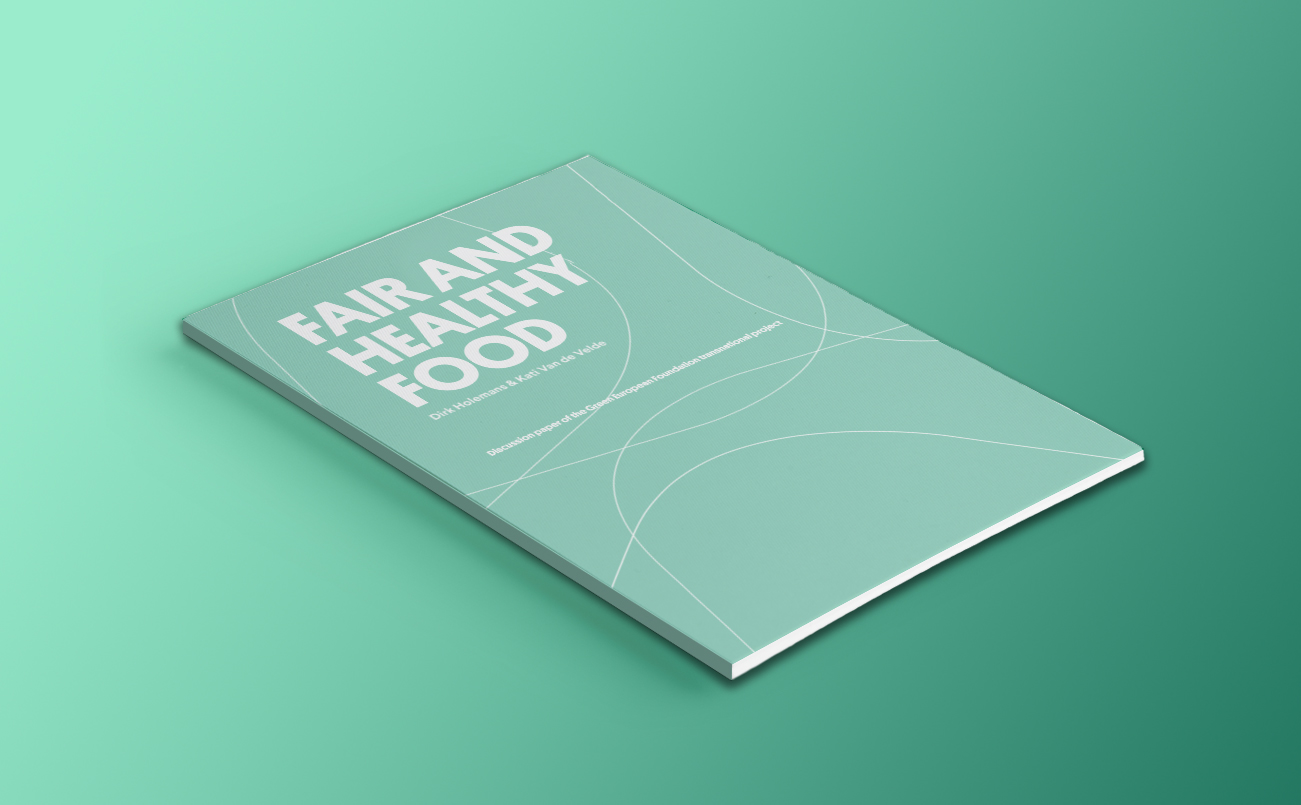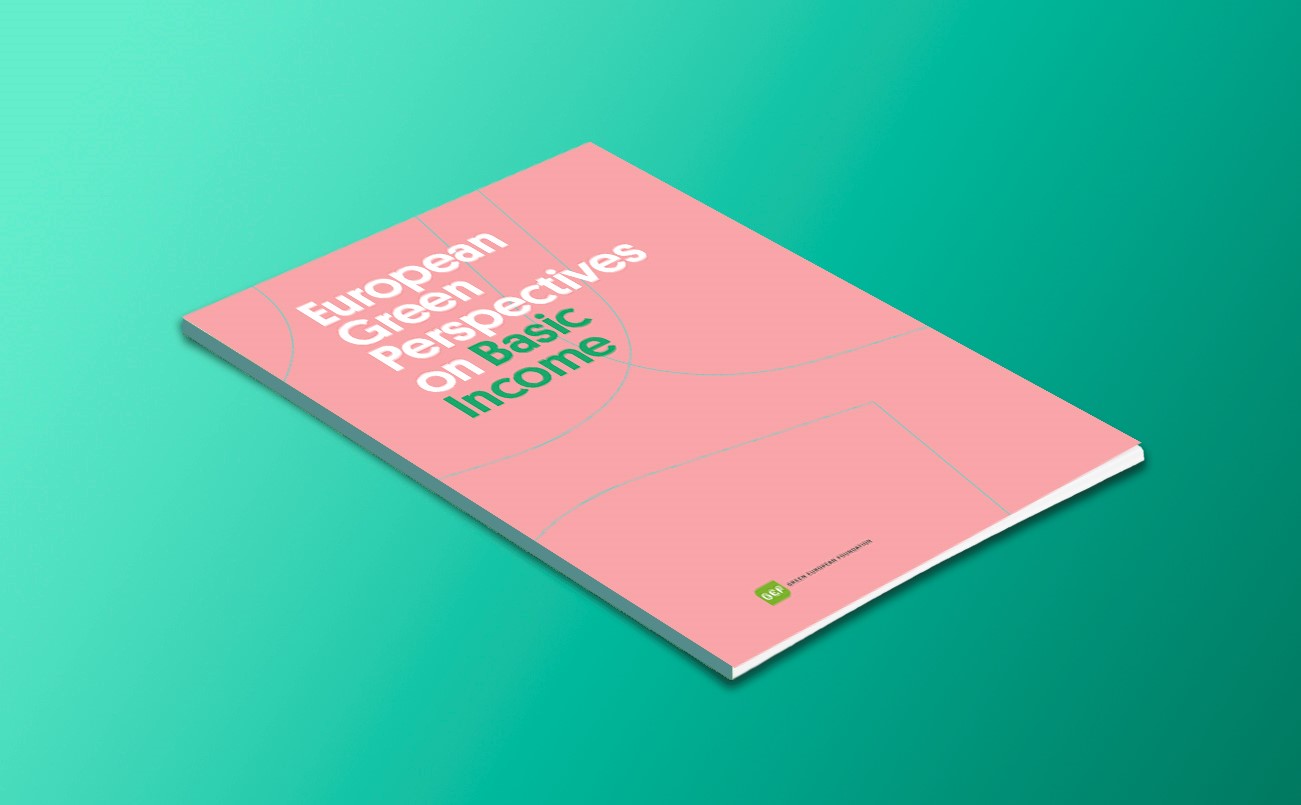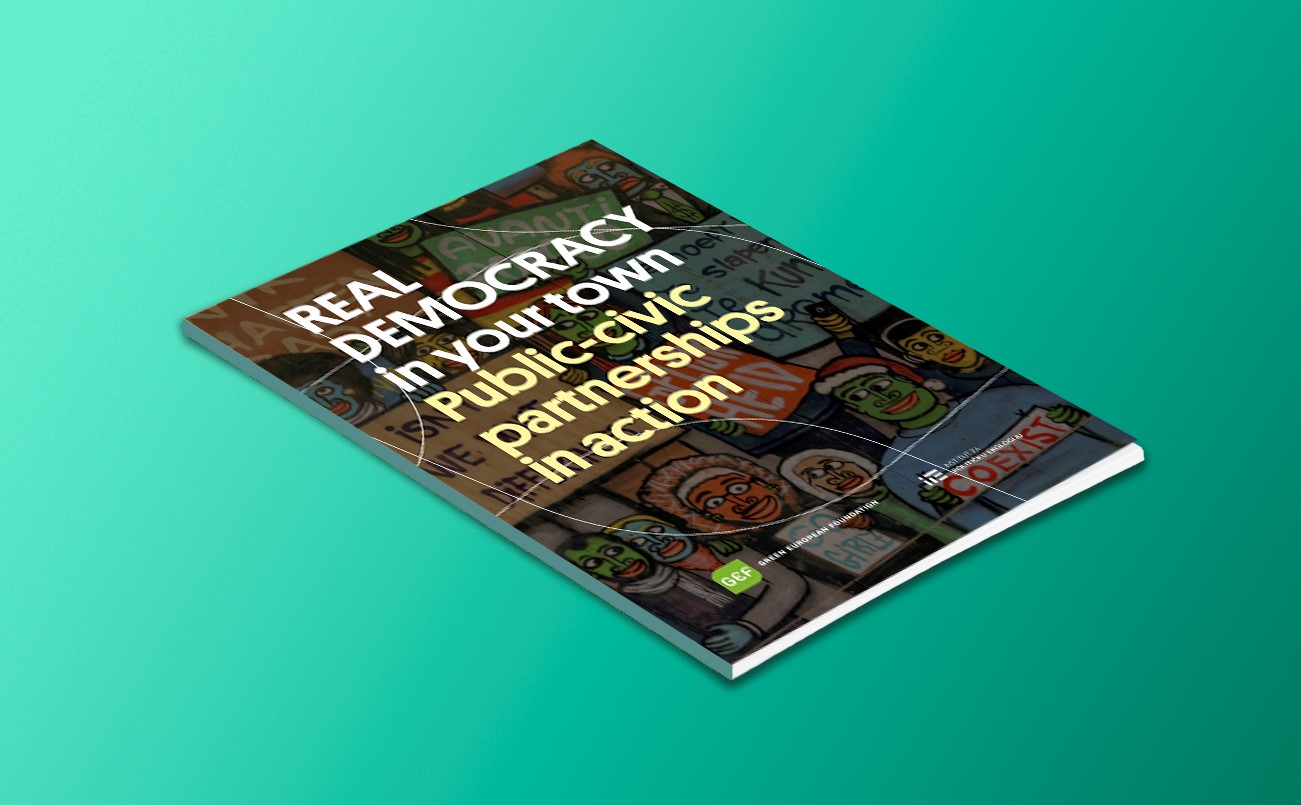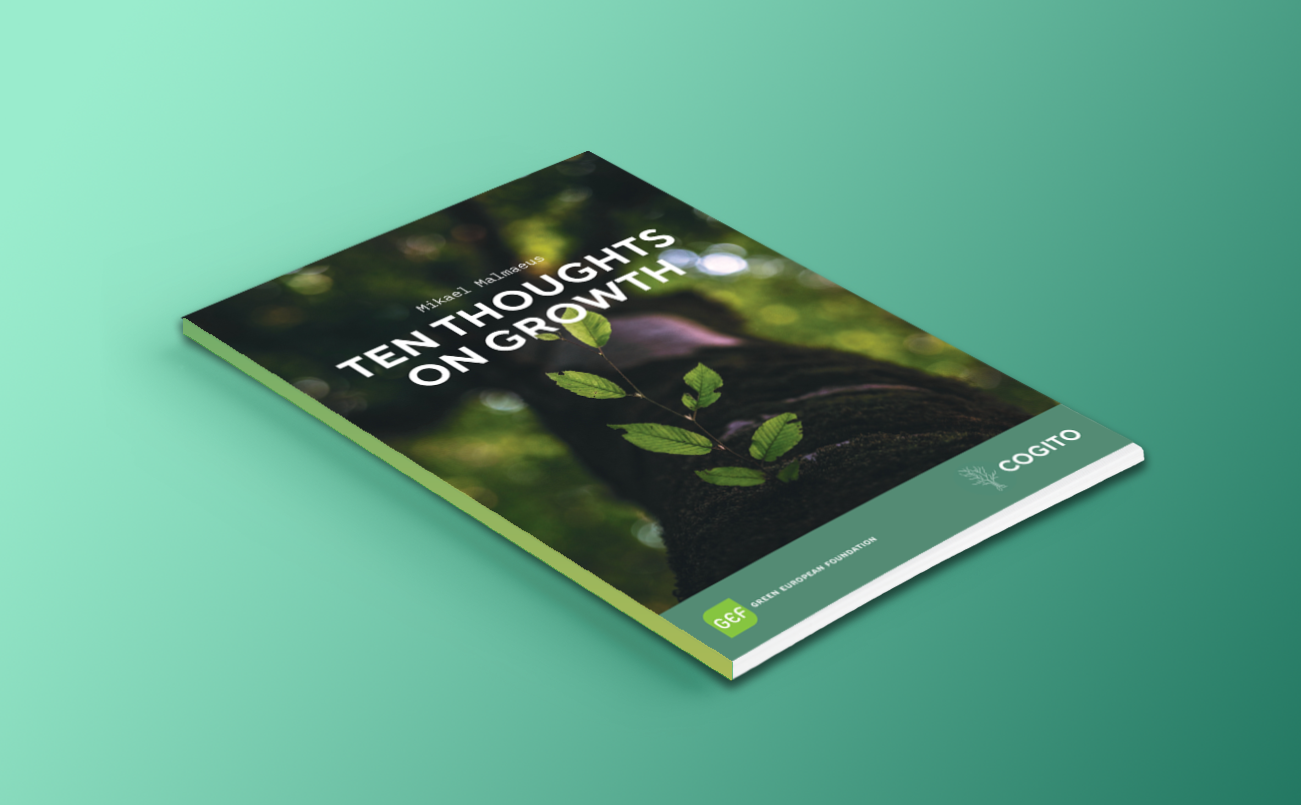
With the ongoing Covid-crisis, it has become clear that “business as usual” is no longer an option, as the effects will be felt for years to come. Yet still, governments remain obsessed with growth based on GDP.
In this report, Mikael Malmaeus (board member in Cogito and researcher at The Swedish Environmental Research Institute) uncovers and clarifies the concepts of growth, their meaning and impact with the purpose to enable a meaningful, forward looking and insightful discussion on preferred futures and where to start to get there. With this collaboration, GEF and Cogito hope to contribute to a clear and comprehensive discussion on growth today and tomorrow, and to inspire actionable insight.
Download
Available in Polish
Available in Czech
Available in Albanian
Available in Turkish

